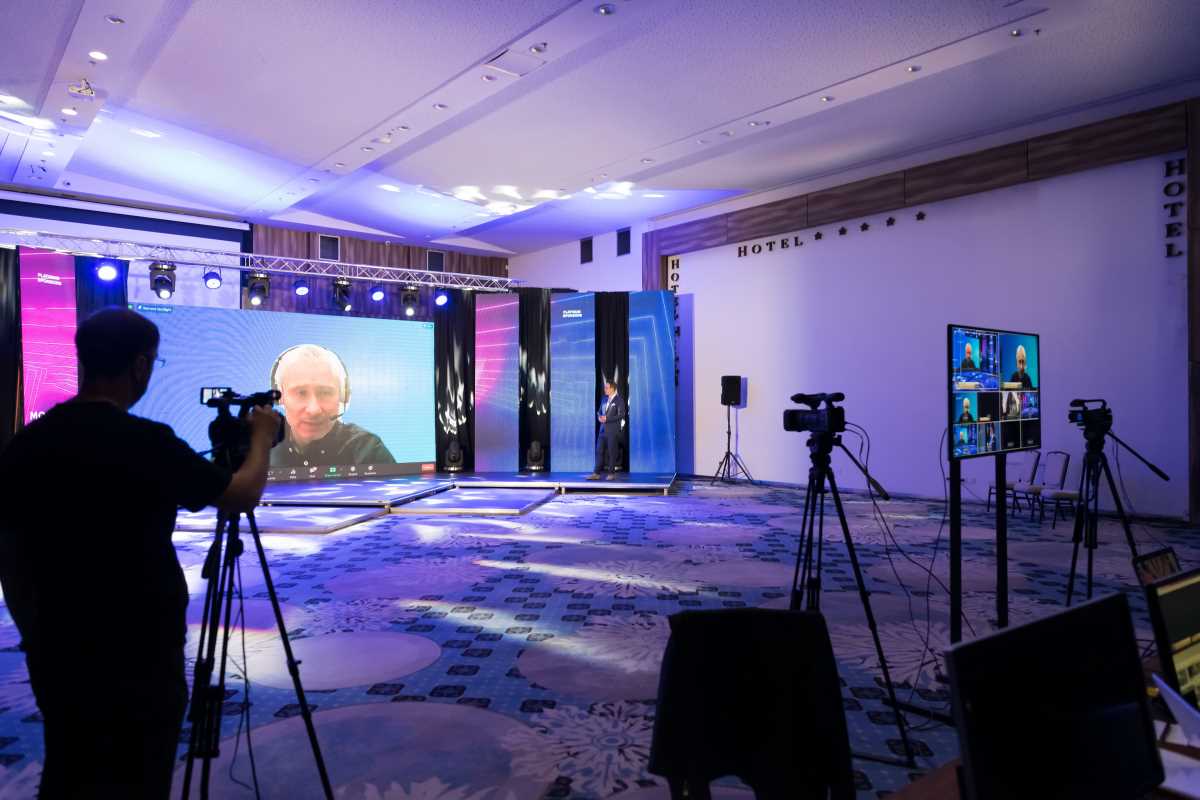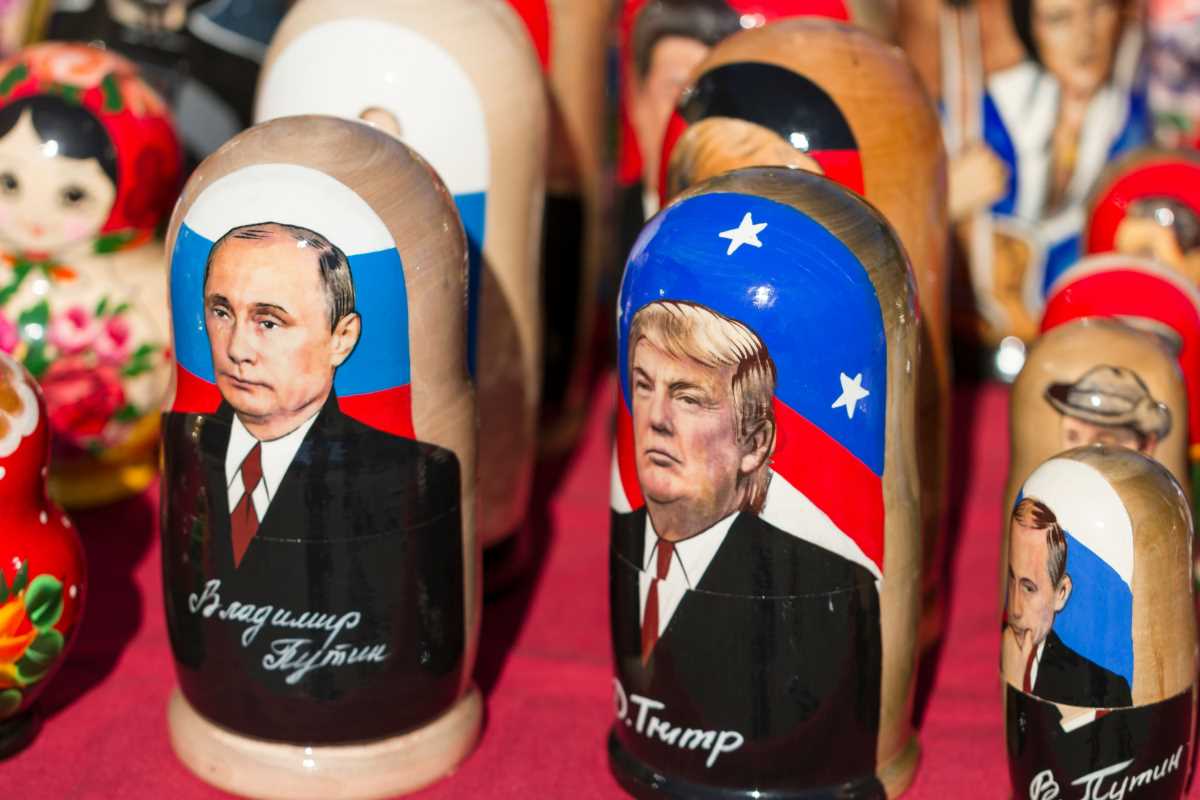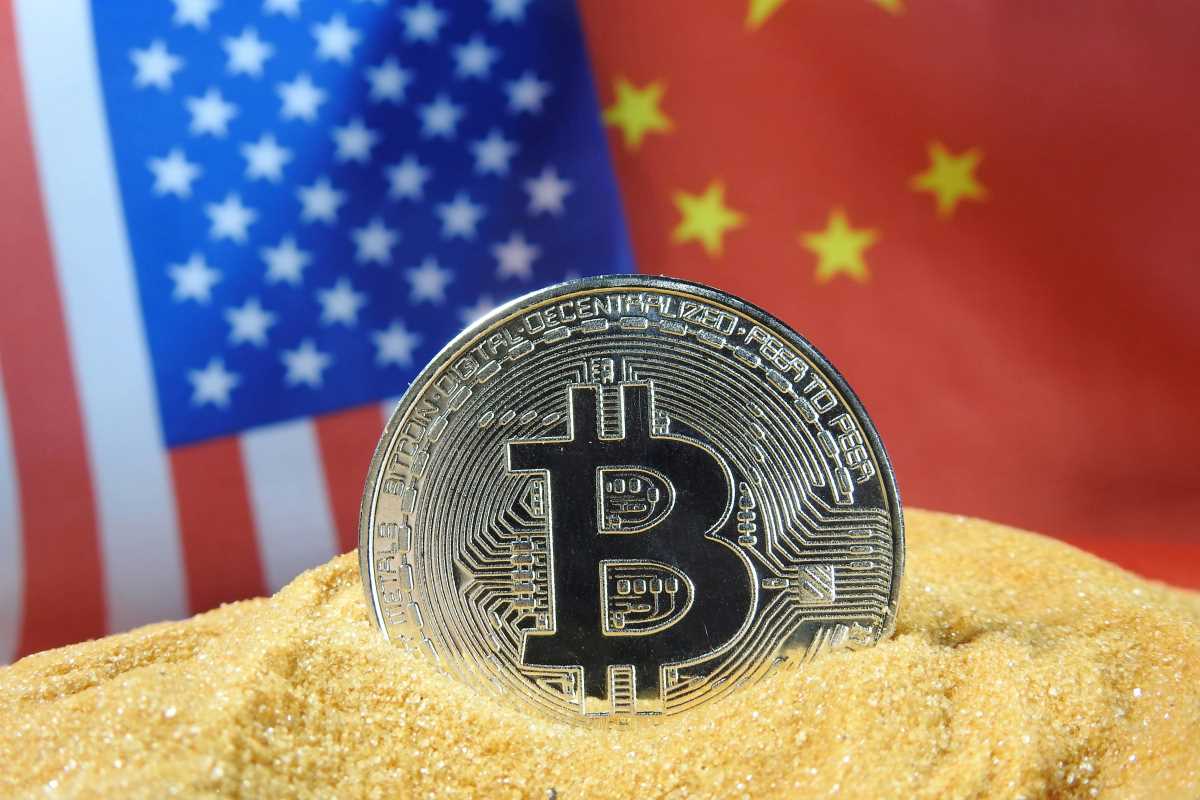When it comes to high-stakes diplomacy, there's no shortage of eyebrow-raising moments. Putin’s highly publicized visit to North Korea in July 2024 is certainly one for the books. While some might dismiss it as another political show, others see it as a chess move that could reshape policies and geopolitical dynamics in the region.
But what might actually change as a result of this meeting between Vladimir Putin and Kim Jong-un? From economic quid pro quos to military pacts, the implications are as complex as they are intriguing.
Rekindling Old Alliances
Russia and North Korea have a history, one that stretches back to the Cold War era. This was a time when Moscow and Pyongyang were practically pen pals in their ideological struggle against Western dominance. However, as the Soviet Union dissolved and Russia turned to focus on its own bruised economy, ties with North Korea grew cold. Fast forward to 2024, and suddenly there's a fresh gust of camaraderie blowing in. Putin’s visit isn’t just a symbolic gesture; it could mark the resurgence of an old alliance seeking new relevance.
North Korea, under heavy sanctions for its nuclear ambitions, may see Russia as a valuable friend in a hostile world. Meanwhile, Russia, reeling from its own post-Ukraine war sanctions, might find in Pyongyang a partner untapped by the West. This rekindling isn’t just about shared isolation. Geopolitically, it’s a game of hedging bets and shuffling allegiances when the global landscape feels particularly volatile. You have to wonder, did Putin and Kim toast with vodka or soju over their budding revival of Cold War camaraderie?
Mutual interest likely drives this reunion. Russia needs allies closer to China’s sphere of influence, and North Korea, well, it just needs any ally it can bank on. But beyond the grins and photo-ops, there may be quiet deals struck, perhaps oil and weapons exchanges, or a tacit agreement to back each other up when global critics come barking. Any rekindling here is far more pragmatic than nostalgic.
Still, don’t expect a public declaration of a grand “Russia-North Korea Friendship Pact.” Both nations are wary. Russia seeks to avoid irritating Beijing or drawing too much attention from the U.S., while North Korea is careful not to alienate its benefactor in China. But behind the scenes? That’s where hands could really be shaking.
Could this new warmth lead to North Korean laborers filling resource extraction jobs in Siberia? Or perhaps a quiet partnership where North Korea agrees to share its advances in missile tech? These possibilities might be closer than we think as both leaders calculate the risks and rewards of their rekindled alliance.
Military Cooperation Takes Center Stage
One area almost certain to see movement is military cooperation. It’s no secret that Russia and North Korea share an affinity for demonstrating strength. Whether it’s showcasing ballistic missiles or parading tanks down the main street, both nations like to flex. Putin’s visit likely centered on discussions about sharing military expertise, technology, or trading crucial weapon components.
For a North Korea obsessed with defense, collaboration with Russian engineers and strategists could be like Christmas morning. Look no further than North Korea’s missile program, which it has been fine-tuning with precision (and explosions) despite global outrage. If Russia decides to boost Pyongyang's efforts with training or sophisticated tech, it could change the military equation in the region. That’s not the sort of Christmas gift you’d want to find under the tree.
From Russia’s perspective, North Korea could serve as a military outpost of sorts in the East. Imagine North Korea testing hypersonic weapons on behalf of Russia or supporting Russian military objectives in the Pacific. The idea isn’t far-fetched, especially with both nations feeling a pinch from being excluded from international arms deals. Scratch my back, and I’ll scratch yours, might be the unspoken rule of this budding bromance.
Of course, this level of cooperation would be a red flag for NATO and its allies in the region, including South Korea and Japan. One can almost hear the diplomatic alarms blaring. Increased collusion between Moscow and Pyongyang could push these nations closer to the U.S., potentially intensifying a regional arms race.
It doesn’t take a crystal ball to see how this would further destabilize an already fractious area. For now, we’re only guessing what kind of military promises were exchanged, but you can bet those conversations weren’t about coordinating their next soccer match.
Economic Deals in the Shadows
On the economic front, Putin and Kim have more to discuss than sanctions relief over dinner. Both nations are in dire need of boosting their economies, but their options are limited due to international restrictions. Their solution? Quiet deals. Think oil, coal, and trade made under the cloak of secrecy. Such exchanges wouldn’t be groundbreaking, but they’d certainly keep both afloat.
For Russia, energy exports to North Korea are an obvious area of potential growth. Gas and oil are vital for Pyongyang, and Moscow has plenty to spare, especially now that it’s looking for markets far removed from Western influence. North Korea might also agree to import agricultural products or metals, helping Russia find new clients for its ostracized industries. Bartering could even make a comeback.
Then there’s North Korea’s famous talent for supplying labor. Kim could offer an increased flow of its workers to Russia, perhaps in exchange for access to Russian technology. With North Korean laborers already a frequent sight in Siberia and other regions, this low-cost workforce could be an ace up Kim’s sleeve.
Meanwhile, creative banking solutions may be another quiet area of collaboration. Cryptocurrencies could bridge the gap, helping both dodge the limitations imposed by global financial sanctions. How officials manage these covert exchanges without leaving a paper trail is a puzzle only they could solve, but it’s clear they’re playing by their own rules.
This shadow economy won’t make headlines, but it could leave lasting echoes throughout the region. It’s not glamorous, but when two outcast nations need each other, deal-making in the dark is inevitable.
Diplomatic Maneuvers to Counterbalance China
One underappreciated element of this visit is how Russia and North Korea might leverage their relationship to involve a third, far larger player: China. Both nations have complicated yet essential ties with Beijing, and Putin’s visit could have been, in part, an exercise in repositioning.
China remains North Korea’s primary benefactor, but Pyongyang, like a teenager yearning for more independence, might be enjoying the idea of having options. By cozying up to Russia, Kim possibly hopes to remind Beijing it’s not the only game in town. This tactic could help North Korea negotiate better terms with its most critical ally.
For Russia, North Korea offers yet another chess piece in the broader game of counterbalancing global power structures. Having some sway over Pyongyang could strengthen Moscow’s position as a key influencer in Asia-Pacific politics, even as its national prestige wanes elsewhere. When Putin met Kim, you can picture them laughing at the idea of becoming "China’s annoying little brothers," positioning themselves as strategic equals instead.
Still, this emerging closeness doesn’t mean Putin and Kim are trying to ditch China altogether. Instead, they may simply want to redistribute who holds how much sway. For Russia, reminding China that it’s capable of attracting partners, even problematic ones like North Korea, is a subtle nudge to maintain mutual courtesies.
This triangulated relationship will likely play out in subtle ways, with whispers of influence rather than grand declarations. Backroom chats and “accidental” policy alignments will tell us more about how this trio intertwines than official pronouncements ever could.
Implications for the Global Stage
If there’s one thing Putin’s visit underscores, it’s that North Korea is no longer just a fringe player waving around a missile. Meetings like this elevate Kim’s global profile, giving Pyongyang unwarranted legitimacy in the realm of international politics. For a leader whose strength is measured in isolation, having one of the world’s most notorious figures personally stop by sends a clear message.
This visit may also mark a shift in how nations tackle sanctions and international laws. If Russia and North Korea find ways to grow closer without violating explicit rules, what stops others from doing the same? It creates a playbook for bypassing Western power structures, which could have ripple effects far beyond these two nations.
Meanwhile, the U.S. and its allies may rethink their strategies for addressing tensions in both Europe and Asia. This visit poses a direct challenge to the idea that ostracizing nations makes them ineffective. If anything, it shows that excluded players might simply forge their own alliances elsewhere.
Looking ahead, we can only speculate what deals were inked and promises whispered between Putin and Kim. What’s clear, however, is that this meeting wasn’t just a bump in global politics. It’s a crack in the ceiling of order, hinting at something significant to come. When these two bond over mutual defiance, the world should be watching.







